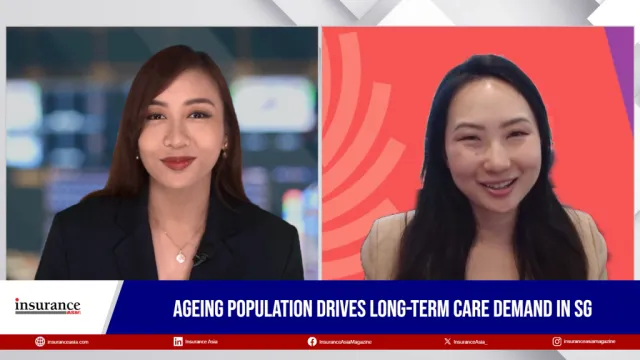
Two-thirds worry about healthcare access despite financial readiness
Younger generation also demand simpler and more attractive products.
Insurers are challenged by increasing life expectancy and shrinking birth rates, with those in developed countries tend to underestimate their life spans, whilst those in developing nations overestimate them, according to the Geneva Association’s recent study.
More than two-thirds worry about healthcare access, retirement savings, and public safety nets, but many rate their financial readiness higher than it likely is.
The study, Insurance and the Longevity Economy: Navigating protection in the era of 100-year lives, draws from a survey of 15,000 individuals across 12 countries in Asia, Europe, and the Americas.
Insurance ranks amongst the top three institutions—alongside family and government—seen as crucial in preparing for longer life spans.
However, engaging younger generations with insurance remains a challenge, pointing to the need for simpler, more attractive products.
The demand for independence in old age presents opportunities for insurers to design solutions that enhance autonomy and introduce innovative risk-sharing models.
The report also calls for greater collaboration between insurers and policymakers. Expanding financial literacy, revisiting data regulations, and coordinating public-private efforts in pension and healthcare financing are critical steps.
With the global pension protection gap estimated at $1t annually, regulatory frameworks that attract capital to support annuities, guaranteed savings, and health insurance will be essential in managing longevity risks effectively.



















 Advertise
Advertise







